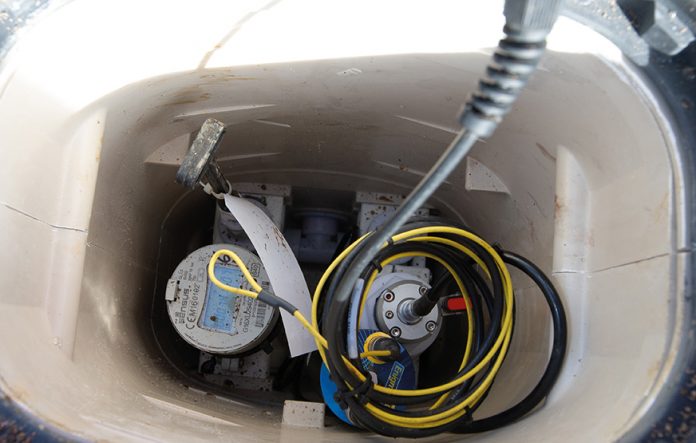Pressure on water companies to cut leakage over the next five years has accelerated new ways of thinking, with the sector increasingly turning to innovation and embracing the digital revolution, writes Barbara Hathaway, Vice President, Engineering, Servelec Technologies.
The need for water companies to drive down leakage has never been greater, with unprecedented challenges and increasing customer expectation making a rapid change in approach essential.
Around 21% of water put into the public supply in England and Wales is lost. With climate change and an increasing population leading to widespread water stress, Ofwat expects urgent action – reflected in the regulator’s stretching 2020-2025 AMP7 targets, which challenge water companies to reduce leakage by 16% without increasing customer bills.
Ageing distribution networks becoming ever-more prone to leaks and bursts, pose additional challenges to utilities, increasing the pressure to find innovative and cost-effective solutions faster. This makes the role of new detection technologies and a move towards creating smart networks more vital than ever.
Acoustic loggers, such as Primayer’s Enigma3hyQ, that can pinpoint leaks by measuring the sound generated by water escaping the network are front-of-field. With this in mind Servelec Technologies, which provides market leading technology solutions for the water and wastewater industry, recently acquired Primayer, a leading light in pinpoint leak detection.
The two companies have had a mutually respectful relationship over many years. Recognition that the high level of regulation in the UK is challenging the industry to improve performance which is driving faster adoption of innovation, made the acquisition of a mature leak technology company like Primayer highly attractive.
Servelec Technologies’ managing director David Frost sought to capture and enhance the synergy between the two companies, presenting an end-to-end offer to water companies to monitor and control their assets remotely.
Servelec Technologies has developed a sophisticated artificial intelligence technology – Datective Flowsure – to detect burst water mains and reduce leakage. The industrial internet of things (IIoT) is reshaping automation, engineering and infrastructure globally and for the water industry, the installation of multiple low-cost leak detection devices makes capturing real-time operational data much easier. By harnessing and transmitting this wealth of newly available data, companies can carry out strategic operational analysis to drive efficiencies and reduce cost.
Market intelligence carried out by Servelec Technologies’ in-house team reveals that utility budgets will increase significantly for this kind of technology in many regions globally.
Water companies are looking for greater analytics capability and Servelec Technologies and Primayer have the hardware and software to provide just that – along with the capability to make better decisions remotely using real-time data. This gives us the perfect tail-wind as we take forward the synergies born from bringing these exciting businesses and technology portfolios together.
Servelec Technologies’ and Primayer’s joint portfolio includes the following data-led leak detection tools:
Enigma3hyQ comprises immersed acoustic hydrophone sensors that listen to sound waves inside a pipe to pinpoint leaks. The sensors are placed into the pipe permanently, providing greater sensitivity to leak events, resulting in more leaks being found more quickly. The devices relay the data from underground transmitters via 3G or GPRS cellular communication networks. Users can also listen to the recorded noise, helping confirm that correlation results are due to leak noise. The data is available at any location and can be accessed from a desktop or mobile device via cloud-based data collection software. The sensors are effective in accurately finding leaks over long distances up to 4.6km, and from pipes made of a wide range of materials, including plastic.
Datective Flowsure is an innovative smart alarm system that continually monitors the water supply network until it detects abnormal behaviour. It then alerts the appropriate operational and maintenance teams that a burst or other event is occurring. The configurable user interface provides guidance on the size of the event and maps the affected area. The system is initially trained using existing data. As supply network behaviour changes over time, it keeps itself up to date using the latest telemetry data to learn about these changes automatically. The software can be hosted within company servers, using existing flow and pressure data and can be integrated with existing telemetry systems.
For more information visit
www.servelectechnologies.com and
www.primayer.com



